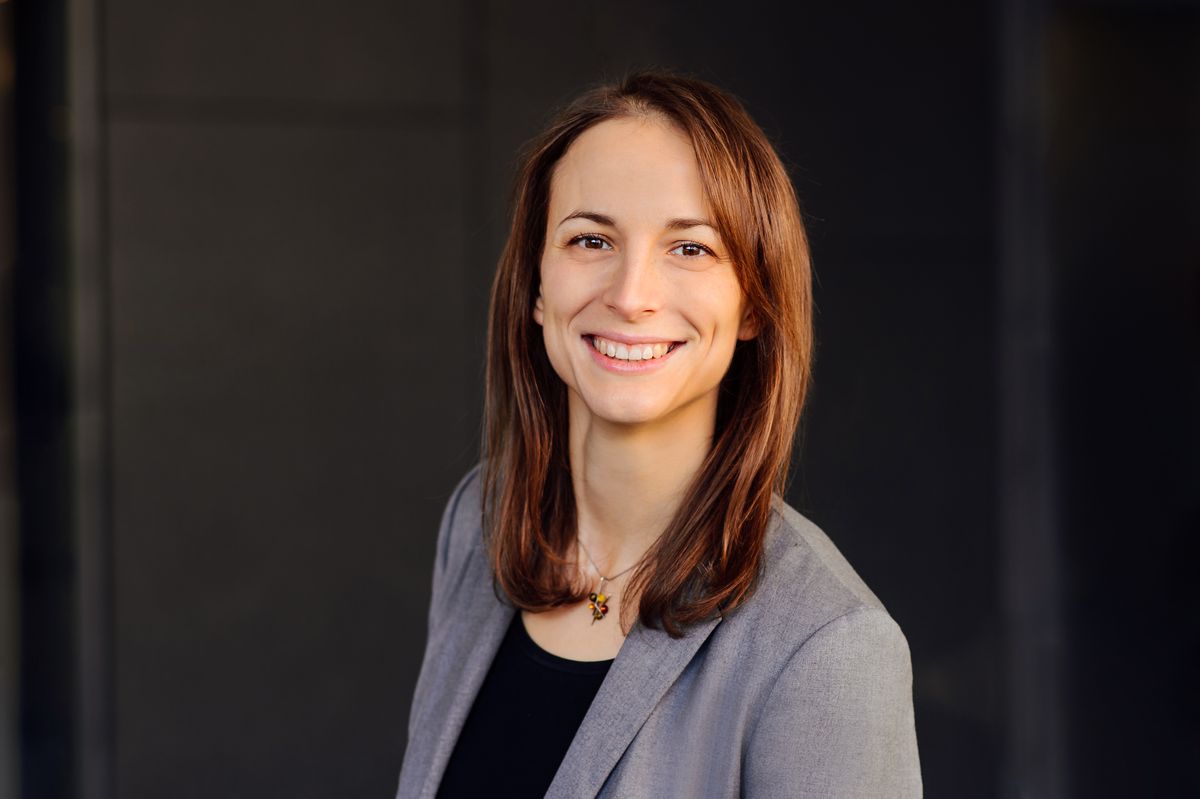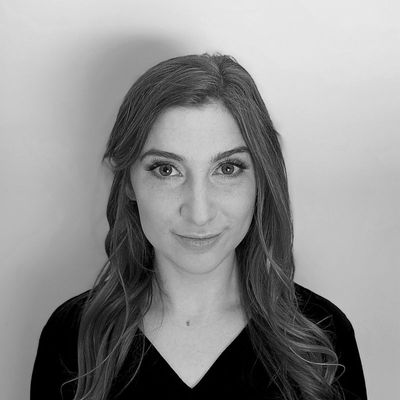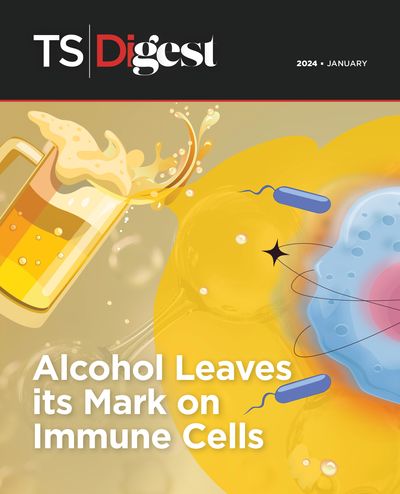Analyzing Phantom Spectra
Katarzyna Tych wants to normalize failure as part of the scientific process.
In 2007, I started my graduate studies at the University of Leeds with biophysicist Arwen Pearson and nanoelectronics researcher John Cunningham. I planned to analyze the dynamics of crystallized proteins, which can help us understand how proteins function.

We wanted to test terahertz time domain spectroscopy, a technique that had never been used to study macromolecular protein crystals, but it had been used to analyze small molecules, for which it produced spectra with sharp, defined peaks. My proteins yielded a lot of sharp peaks, so I thought that things were going well.
But something was wrong. Every time I tried a different sample, the peaks showed up in slightly different positions. We spent more than two years trying to figure out why this kept happening. I finally found a paper with a calculation to determine how much of the spectrum is noise for a given sample thickness and absorption coefficient. It turned out that around 70 percent of our signals—the peaks—were noise; the smooth bits at the beginnings of the curves, which we’d ignored, actually contained the relevant information!
By that time, I was approaching my third year and getting a bit panicky. In my mind, I quit my PhD program maybe 20 or 30 times. I had all kinds of backup plans like opening a cafe with cats and a nice tea selection. But I also had an amazing group of friends; we all vented about our research experiences, so I felt like I was not alone in the suffering.
At the time, it was really difficult. But later I realized how much I had learned from things going wrong. When we embark on research projects, we have to be aware that scientific experiments don’t work a majority of the time. Being aware that failure is normal is incredibly important. We must learn not to say, “I’m a failure because my experiments failed,” but rather, “my experiments failed because that’s just how science works.”
This interview has been edited for length and clarity.


